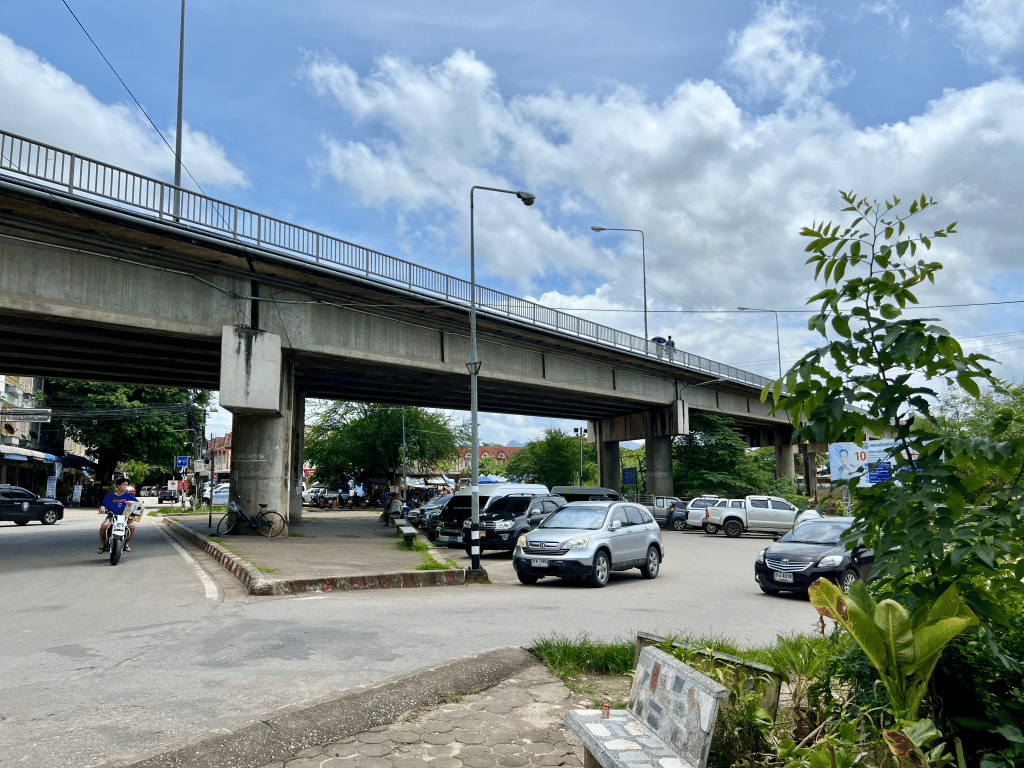Working With ASEAN to Build Community of Common Destiny is Beijing’s Priority
The arbitration unilaterally filed by the Philippines against China over the South China Sea disputes has intensified the confrontation between China and the claimant countries within ASEAN, especially the Philippines. In the post-arbitration era, China will stick to its dual-track approach to the South China Sea issue, with some rules readjusted.
Since the Haiyang Shiyou 981 standoff between China and Vietnam two years ago, the US and other external countries have begun to increasingly poke their nose into the South China Sea disputes. China’s previous proposal of solving disputes under a bilateral framework does not meet the new situation anymore.
The dual-track approach can largely satisfy ASEAN countries’ concerns about the South China Sea issue and prevent regional disputes from spiraling out of control, so as to push forward agendas such as the China-ASEAN community of common destiny, the 21st Maritime Silk Road, peripheral strategies and free trade zone upgrades.
China has always believed that the South China Sea disputes are just part of relations between claimant countries and should not affect the bigger picture. Conflict management and expanding common interests are more important.
China has been sticking to this way of thinking, so it will not easily abandon the dual-track approach.
Meanwhile, Beijing and Washington have become key actors in the strategic rivalry over the South China Sea. The US believes that it has managed to weaken China’s stance by leveraging the arbitration and to fulfill its role as a global hegemon. As a war with China in the South China Sea is not an option now for the US, as long as China does not significantly expand its presence in the South China Sea, Washington would prefer engaging and cooperating with Beijing. After all, the South China Sea issue is only part of Sino-US relations. Overly provoking China does not serve US interests. The US knows that the best way to solve the complicated South China Sea disputes is to have parties concerned directly talk to each other.
Therefore, after rounds of negotiations with China, the US cooled down the situation by withdrawing warships and encouraged the Philippines to talk with China. It also sent US National Security Advisor Susan Rice to visit China so as to pave the way for President Barack Obama’s attendance of the G20 Summit in September.
Before the arbitration result was issued, the diplomatic competition between China and the US showed that the South China Sea disputes had been internationalized. But reducing the interference by external players still tops China’s policies. The aforementioned US measures in the wake of the arbitration can help China get over with the arbitration case and implement its dual-track strategy.
The Philippines is aware that the award, which it considers binding, cannot be implemented. Since Manila has achieved what was expected from the award, now it should seize the opportunity of presidency shift and directly talk with China to get real gains.
Meanwhile, other ASEAN nations, especially non-claimant countries, don’t want their cooperation with their largest trading partner, China, to be implicated by the arbitration. The willingness by the new Philippine government to resume negotiations with China means China has achieved what it expected for the Philippines. Afterward, China needs to minimize the impact of the award and create conditions for completely solving the disputes.
On July 25, foreign ministers of China and the ASEAN countries released a joint statement about effectively implementing the Declaration on the Conduct of Parties in the South China Sea and pushing forward the Code of Conduct (COC) based on consensus. This means the negotiation process of the COC will be accelerated.
To build the China-ASEAN community of common destiny, China has to strengthen its security cooperation with ASEAN while intensifying economic cooperation and people-to-people exchanges with the bloc so as to provide and maintain regional security in the end. This means a huge challenge for China, which is learning to be a major power. As the South China Sea disputes have become the biggest regional security concern for ASEAN members, China needs to figure out an inclusive set of solutions that can maintain its major interests and meanwhile respond to the reasonable concerns of both claimant and non-claimant countries of ASEAN.




